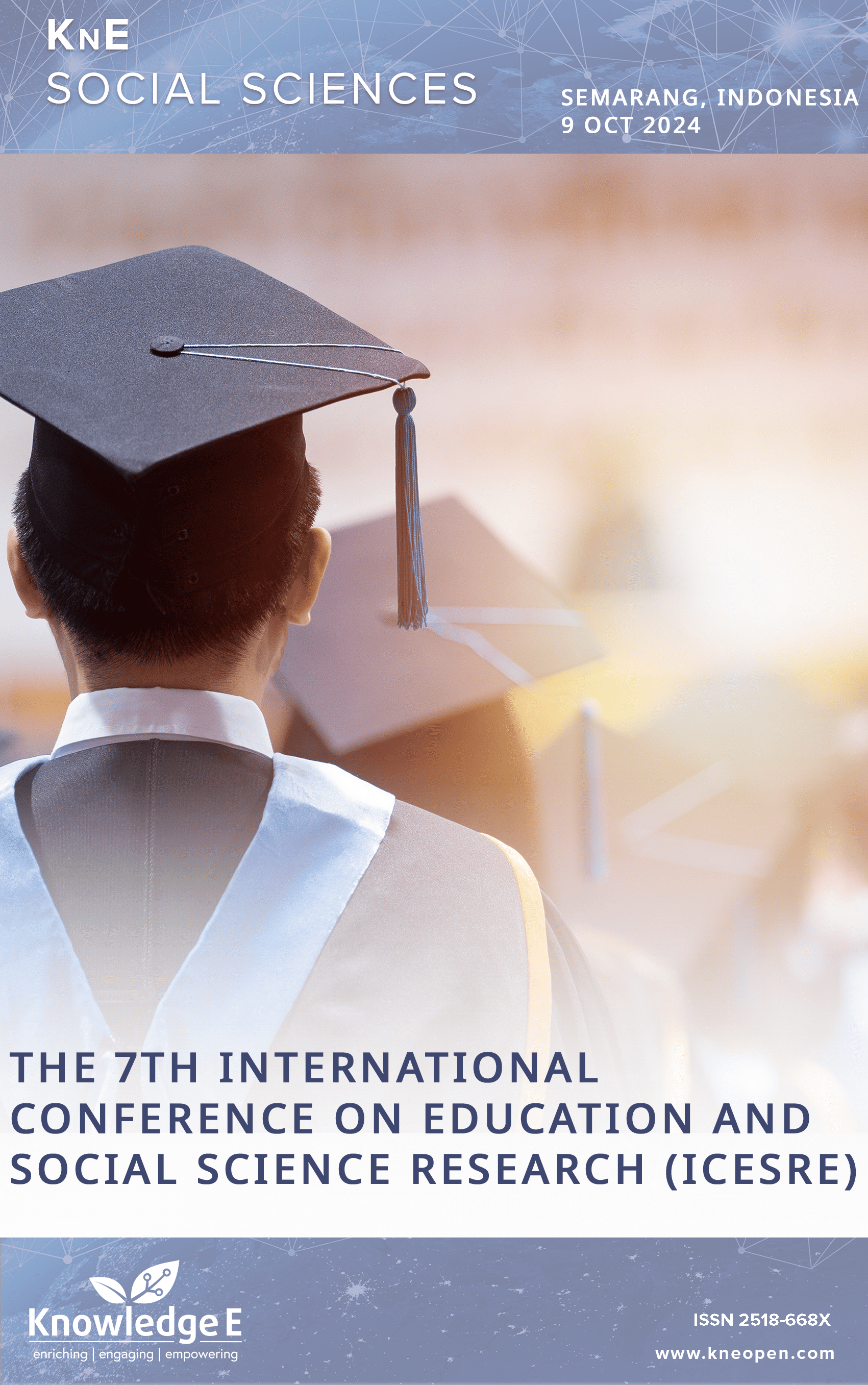The Use of Duolingo Application to Develop High School Students' Self-Reliance
DOI:
https://doi.org/10.18502/kss.v10i9.18505Keywords:
Duolingo, application, high school, self-relianceAbstract
Most English pupils have difficulty in learning English, especially when it comes to speaking on their own. Those who want to speak well and fluently must develop a willingness to learn independently, since learning English in class is insufficient. Due to this, it is necessary to develop students’ self-reliance to learn. There are three concepts of self-reliance: i. being responsible, ii. being disciplined, and iii. being confident. Having awareness that students’ ability to learn independently will have an impact on how well their self-reliance ability develops. The Duolingo application has the potential to grow students’ self-reliance awareness because this application provides direct feedback on their progress. So far, not much research has investigated this. Therefore, this research aimed to investigate the development of students’ self-reliance of learning to speak English before and after using Duolingo, and described how the students grow self-reliance in learning to speak English. The research was conducted on 70 high school students in Semarang City. Using Concurrent Nested Design, this quantitative research focused on measuring changes in the level of the students’ independent learning in speaking before and after using Duolingo. Qualitative data, such as interview results, were used to complete the picture on how students used the application to improve their self-reliance. The result showed that the mean pre-test score was 79.43, which increased to 91.81 in the post-test, showing a significant improvement of 12.38 points. This indicated the intervention’s effectiveness. The standard deviation of the pre-test is 6.606, and the post-test is 5.483. Moreover, the average N-gain score is 0.64 and a mean percentage improvement of 64%. While most participants improved significantly, there was notable variation in the extent of improvement. The qualitative analysis underscores the diverse ways participants perceive and benefit from using Duolingo, highlighting its effectiveness in self-reliance to speak English.
References
Ratheeswari K. Information Communication Technology in Education. Journal of Applied and Advanced Research. 2018;III(3):3.
Watson DM. Pedagogy before Technology: Re-thinking the Relationship between ICT and Teaching. Springer Journal. 2001;6:251–66.
X. R. J. P. L. &. P. B. Jiang, “Duolingo efficacy study: Beginning-level courses equivalent to four university semesters,”. Duolingo Research Report. 2020;8:11.
Lowe JR. “Theory of self-reliance,” dalam Middle Range Theory for Nursing. New York: Springer Publishing; 2018. p. 277.
Creswell JW. Research Design. SAGE Publications Ltd.; 2009.
Sugiyono, “Metode Penelitian Bisnis https://doi.org/https://doi.org/10.37481/sjr.v1i2. 140,” Alfabeta, vol. 12, p. 140, 2012.
H. &. K. P. T. Arksey, Interviewing for social scientists: An introductory resource with examples, Torrosa, 1999.
Tenny S. J. M. Brannan dan G. D. Brannan, “Qualitative Study. StatPearls Publishing; 2017.
D. W. &. W. R. H. Zimmerman, “Gain Scores in Research Can Be Highly Reliable,”. J Educ Meas. 1982;19(2):149–54.
A. R. M. &. H. C. Tiara, “The Students‘ Perception About Use of Duolingo Application for Improving English,”. [IJEIT]. Int J Educ Inf Technol. 2021;12(4):12.
Abdel-Rehim AA. Impact of Spark Plug Number of Ground Electrodes on Engine Stability. Ain Shams Eng J. 2013;4(2):307–16.

